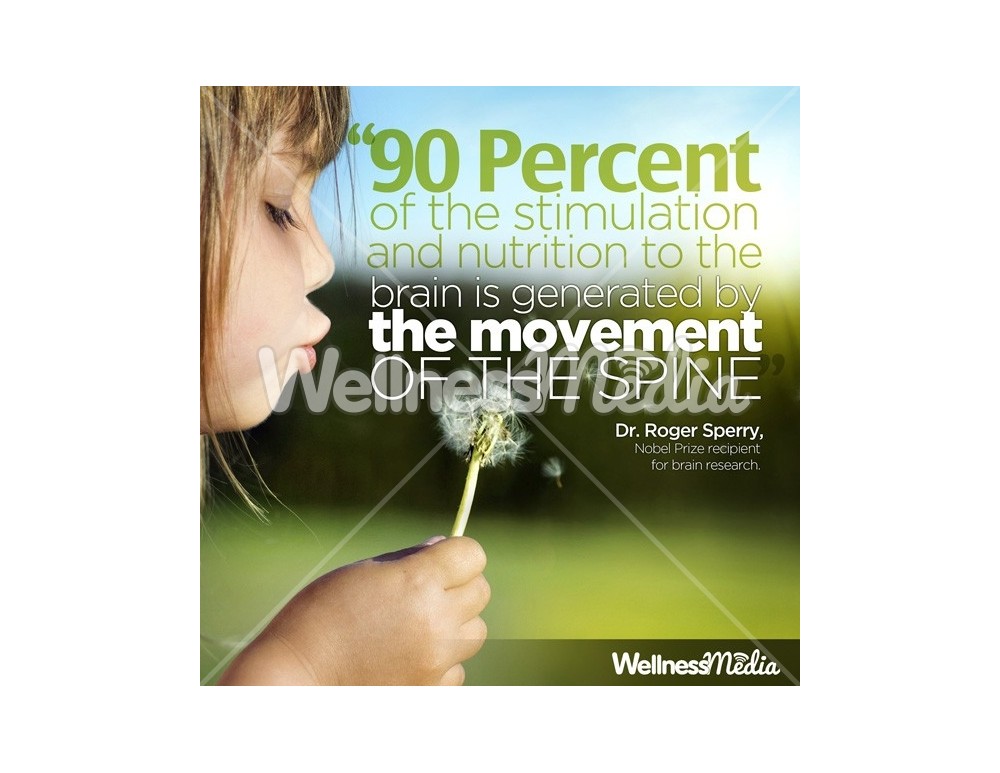Nourishment'S Influence On Pain In The Back Alleviation: Dietary Choices To Welcome And Those To Stay Away From
Nourishment'S Influence On Pain In The Back Alleviation: Dietary Choices To Welcome And Those To Stay Away From
Blog Article
just click the following page Composed By-Hsu Wiese
When it pertains to managing your back pain, the food selections you make can considerably impact how you feel on a daily basis. Imagine being able to ease your pain merely by changing what you consume. By recognizing the function of nutrition in neck and back pain management and knowing which foods to include or stay away from, you can take aggressive steps towards a healthier and more comfy way of life. The link in between nutrition and back health and wellness is more profound than you may recognize-- let's check out just how specific foods can either relieve or worsen your pain in the back.
Importance of Nutrition in Back Pain
Nourishment plays a critical function in handling neck and back pain. Your diet can dramatically influence swelling levels and general pain degrees in your back. Taking in a well balanced diet plan rich in nutrients like vitamins D and K, calcium, magnesium, and omega-3 fatty acids can help reduce inflammation and reinforce bones, which are necessary for back health and wellness.
Additionally, preserving a healthy and balanced weight via correct nourishment can ease stress and anxiety on your spine, lowering the risk of back pain.
In addition, certain nutrients like antioxidants located in vegetables and fruits can aid battle oxidative stress and anxiety and advertise healing in the body, including the back muscle mass and spine.
On the other hand, eating too much amounts of processed foods, sugary drinks, and undesirable fats can add to swelling and weight gain, exacerbating back pain.
Foods to Eat for Back Wellness
To sustain a healthy and balanced back, incorporating nutrient-rich foods right into your daily meals is vital. Consisting of foods high in antioxidants like berries, spinach, and kale can help in reducing swelling in your back, reducing discomfort and discomfort. Omega-3 fats located in fatty fish such as salmon and mackerel have anti-inflammatory properties that can profit your back health and wellness.
Additionally, taking in nuts and seeds like almonds, walnuts, and chia seeds supplies essential nutrients like magnesium and vitamin E, which support muscular tissue function and decrease oxidative tension. Integrating lean healthy proteins such as chicken, turkey, and tofu can help in muscle mass repair and maintenance, advertising a solid back.
Do not neglect to consist of dairy or strengthened plant-based alternatives for calcium to support bone health. Lastly, causes of lower back pain in women with a lot of water to keep your spinal discs moistened and working efficiently. By including these nutrient-dense foods in your diet, you can nurture your back and assistance overall back health and wellness.
Foods to Stay Clear Of for Neck And Back Pain
Go with avoiding processed foods high in added sugars and trans fats when looking for relief from pain in the back. These kinds of foods can contribute to swelling in the body, which may aggravate neck and back pain. Say no to sugary treats like candy, pastries, and sweet drinks, in addition to convenience food things like burgers, fries, and fried poultry that are often loaded with trans fats.
In addition, avoid foods including high degrees of refined carbs, such as white bread, pasta, and breads, as they can spike blood sugar level levels and possibly intensify inflammation in the body.
It's additionally wise to limit your consumption of foods high in hydrogenated fats, like red meat and full-fat milk items, as they can contribute to swelling. Processed https://chiropractorinmyarea95162.blogpayz.com/32180720/a-novice-s-guide-to-comprehending-cervical-spine-anatomy-and-its-effect-on-neck-discomfort like delicatessens meats, chips, and packaged snacks are commonly high in saturated fats and should be eaten in small amounts.
Conclusion
To conclude, focusing on your diet plan and making clever food choices can have a considerable impact on managing pain in the back. By integrating nutrient-rich foods like berries, fatty fish, nuts, and lean proteins, and staying clear of refined and sugary products, you can help reduce swelling and support on the whole back health. Remember, what you eat plays a crucial function in how you feel, so make certain to prioritize your nutrition for a healthier back.
